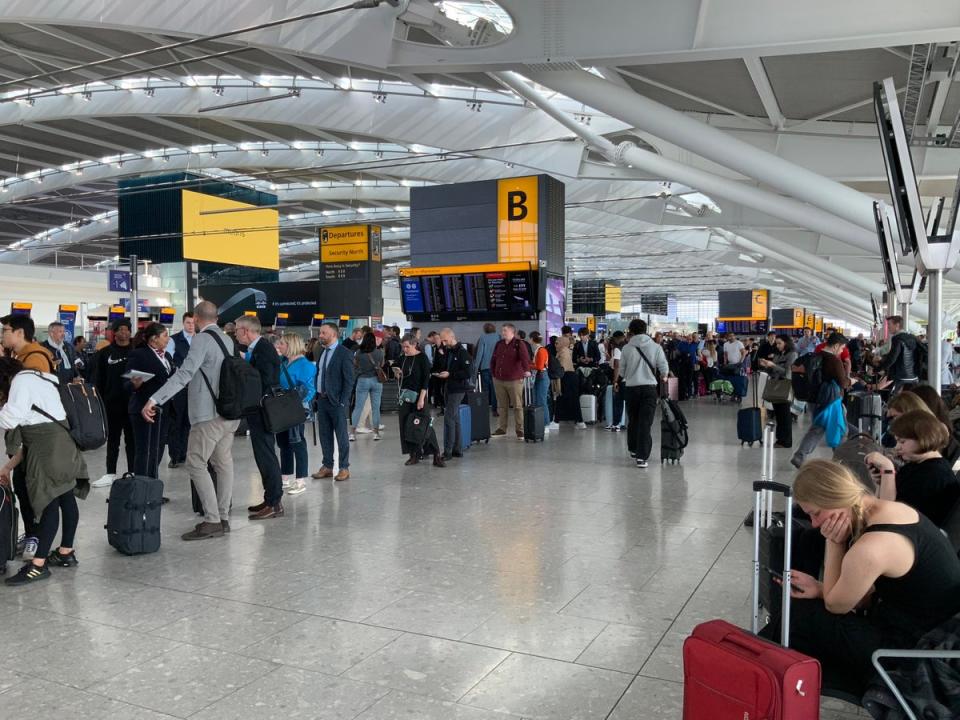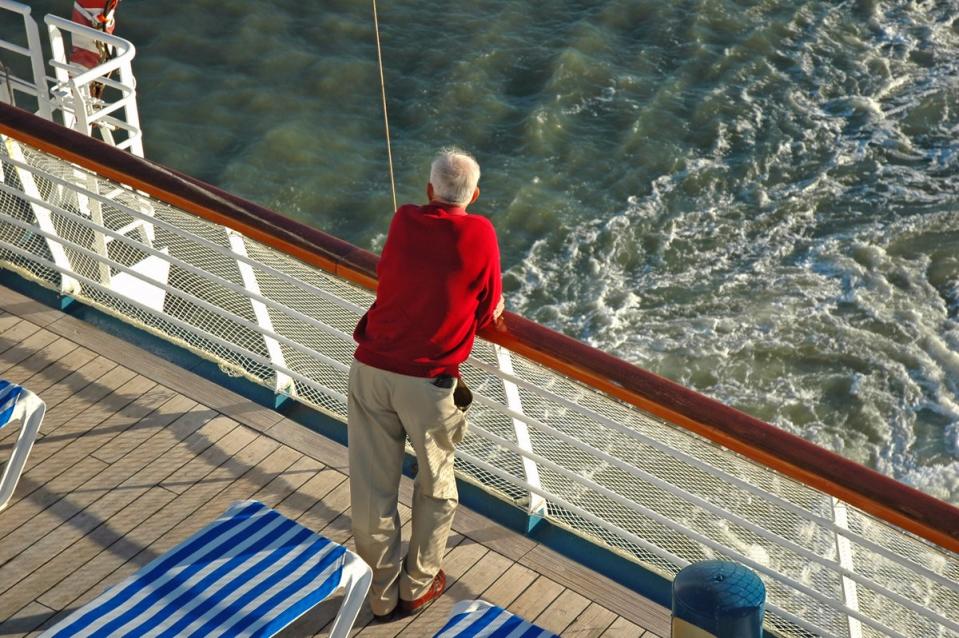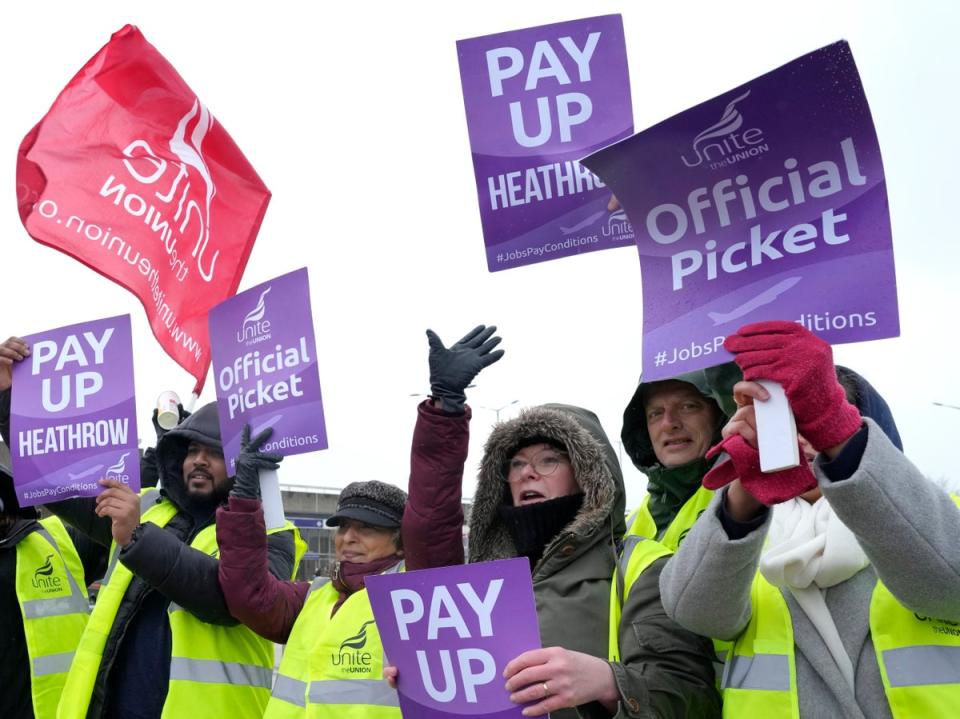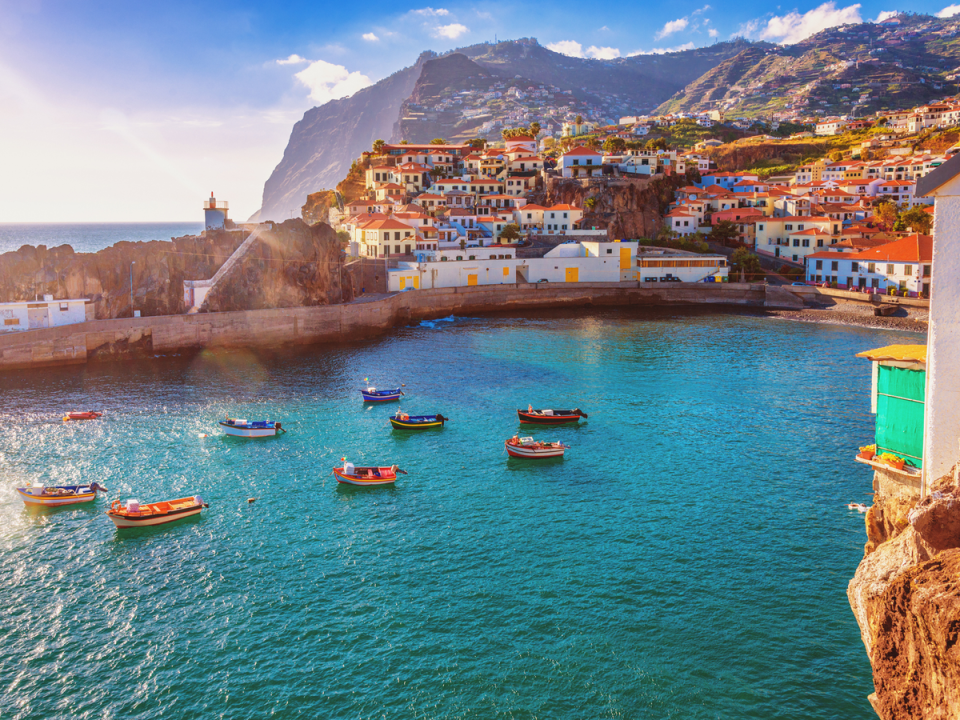Can we make Ryanair pay for our cancelled flight?

Q Ryanair cancelled our flight to Malaga. They used the excuse that the air traffic controllers in France are on strike. I have checked on Flightradar24, and it’s clear that lots flew to southern Spain from all UK airports, with some diverting a long way over the Atlantic Ocean. So can I claim off Ryanair for this cancellation? We have effectively lost two days of our holiday.
Gary P
A I share your pain. On Friday 26 May, I was stuck at London Heathrow with a cancelled flight due to the British Airways IT meltdown, while all around BA flights were taking off. It’s frustrating when yours is the departure selected to be axed, but this is inevitable when large-scale disruption arises.
In your case, this is entirely due to the French air traffic control strike. Les contrôleurs de trafic aérien comprise the group of workers whose industrial muscle is the strongest in Europe. Tens of thousands of airline passengers woke up last Wednesday morning where they didn’t expect to be as a result of the latest strike in protest against President Macron’s pension reforms.
British Airways, Ryanair and easyJet each cancelled dozens of flights to and from the UK: mainly to and from France, but also to Spain, Switzerland and Italy. As I mentioned in the answer to last Sunday’s question, the DGAC (French civil aviation authority) orders airlines collectively to ground hundreds of flights to, from and over France. Many departures get through, but typically 30 per cent are cancelled.
Airlines really don’t like cancelling flights, especially when bookings are strong. They stand to lose tens of thousands of pounds in revenue each time a departure is grounded, and are also liable for care costs: hotels and meals for the passengers who were expecting to fly back from Malaga on your plane, for example.
Carriers seek to mitigate the effects of strikes, for example by giving France a wide berth, but there are limits to the capacity of the airspace over the near Atlantic. In addition, adding (say) an hour to the flight time outbound and inbound has a serious impact on the rest of the flying programme. All I can suggest, therefore, is that you claim whatever your travel insurance may offer for delays and cancellations. This latest setback to holiday plans is well beyond the control of Ryanair.

Q I have booked a cruise in August. But reports I have seen indicate there is norovirus on board the ship and a few ports have been missed. I am not bothered about missing ports but the concern I have is that my partner is in his seventies and has several health issues. I was so excited to book this cruise but I am now thinking of cancelling. Do you think it is safe to travel on the ship? If not, and I cancel, will I get back my money?
Name supplied
A Norovirus is an unpleasant gastrointestinal disease that causes vomiting and diarrhoea. It can be especially harmful to people with existing health issues. The virus spreads easily in crowded and confined spaces such as cruise ships, which have the added issue of constantly changing populations, with new passengers and crew frequently coming aboard.
The virus is highly contagious and is typically spread by an infected person touching a surface, such as a handrail, a lift call button or utensils in a buffet. The next person to touch it can pick up the bug and ingest it. They may later see only the inside of their cabin bathroom rather than the wonders of the Mediterranean or Baltic.
The US Centres for Disease Control and Prevention (CDC) has the most comprehensive monitoring of norovirus on cruise ships. It has reported 10 outbreaks in the first five months of 2023, which works out at around one every two weeks. The standard response, according to the CDC, is that crew increase “cleaning and disinfection procedures according to the ship’s outbreak prevention and response plan” – as well as telling passengers about the situation and encouraging people who are ill to report the fact. If it is any comfort, typically seven per cent or fewer passengers contract the virus during an outbreak – around one in 14.
Unfortunately, there is no option to cancel without penalty if you are worried about contracting the virus, unless the cruise line cancels the voyage. But there are steps you can take to minimise the risk: be scrupulous about keeping your hands clean; don’t shake hands with people (or, if you do, wash your hands before you eat, drink or touch your face); and try to stick to freshly cooked food rather than help-yourself buffets.

Q What do you think will actually happen at Heathrow if the security dispute isn’t settled? I am booked to fly to Florida from Terminal 3 on 20 August.
Richard D
A You are one of an estimated 2 million passengers flying from London Heathrow Terminals 3 and 5 on the dates for which the Unite union has called a strike by security staff. There are 31 days of walkouts, mostly at weekends, across a stretch of 66 days from 24 June to 27 August.
The strikes are aimed at the busiest spells – with the union warning of “disruption, delays and cancellations”. Unite may be right, but I predict otherwise. Even while the union and Heathrow’s management trade insults in public, in private talks are continuing. Everyone involved in the dispute knows that it is undermining passenger confidence and hitting bookings in what is supposed to be the first “proper” summer since 2019.
Security staff at Terminal 5 have already walked out for 18 days between March and May. While they may get some strike pay for what the union sees as a critical dispute, the appetite for a settlement is increasing. If I am wrong and no settlement can be reached, the airport will do all it can to reduce the pressure on the security checkpoints: deploying extra staff ahead of the security search area to remind passengers about the rules on liquids, and with laptops removed. This should reduce the number of bags being “pulled” for a detailed inspection. In addition, I imagine that airlines will allow passengers to check in cabin baggage free of charge, again lightening the load on the security search area.
Even if some flights are cancelled, the airlines will do all they can to protect long-haul services such as yours. On my “risk register” of things to fret about this summer, Heathrow barely registers – air-traffic controllers in France and aviation workers in Italy and beyond look more likely to stand between passengers and their destinations.

Q We booked a package to Madeira and were due to fly back from the island on Tuesday. We spent much of the afternoon and early evening at the airport but in the end our plane did not land due to strong winds – even though some planes from the Portuguese mainland were touching down. It apparently flew off to the Canary Islands and eventually returned to London. As a result of this and other diversions, there are at least 2,000 British holidaymakers stranded on the island at present. We are staying on in our hotel but are now keen to return home. The flight we are booked on is on Sunday. What compensation will we get – and shouldn’t airlines be forced to send in “rescue planes” when many travellers are stranded?
Name supplied
A Madeira’s airport is one of the most spectacular in Europe: it extends on stilts out into the Atlantic. Given the mountainous terrain on one side, the ocean on the other and the tricky winds that often sweep across, the landing is designated “Category C” – with special training required for pilots. Each airline has its own specification about the weather they will tolerate, and so it does not surprise me that some planes didn’t touch down. I imagine it made the situation all the more frustrating for you. But one of the risks of any trip to Madeira that should always be spelled out by travel agents is that you might not be able to fly home as scheduled.
No compensation is due, although your travel insurance may possibly offer a payment for delay (typically £25 for each 12 hours – which, in your case, will mount up to £250 or thereabouts). I hope you can regard the past few days as a free holiday, with the airline obliged to pay for your hotel and all your meals (except alcohol). The carrier will lose tens of thousands of pounds as a result. No doubt it considered the costs and possibility of a rescue flight, but at this stage in the summer most planes and crew are fully committed. I cannot see that airlines should be required to put on rescue flights unless travellers were in danger. Which, I trust, you are not.
Finally, do spare a thought for the passengers on that plane that couldn’t land, who ended up back in the UK after flying around 4,000 to nowhere.
Email your question to s@hols.tv or tweet @simoncalder

 Yahoo Sport
Yahoo Sport 





































